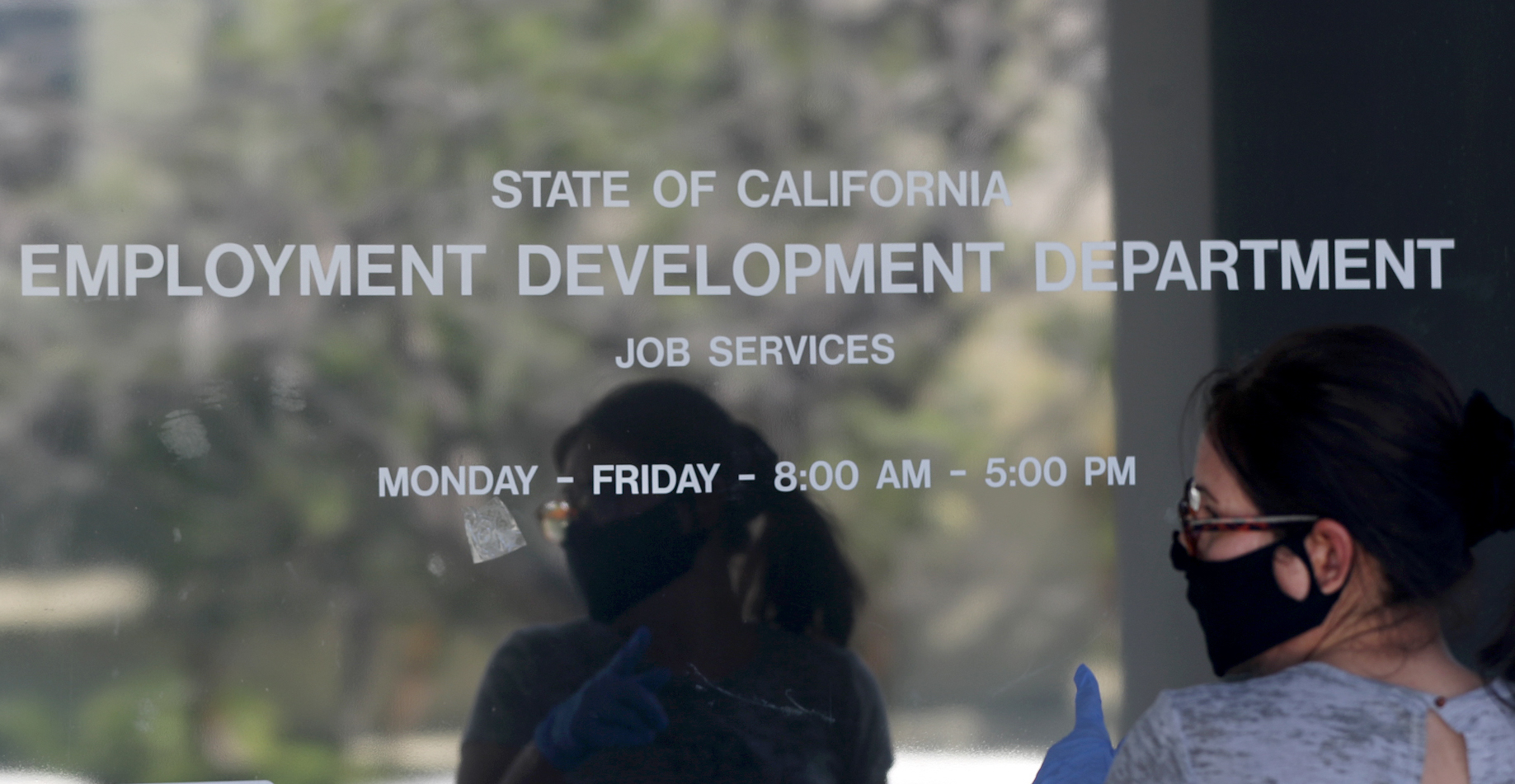
A woman who is serving a life sentence for murder in California is charged with masterminding a $2 million fraud scheme involving COVID-19 unemployment money from behind bars, federal prosecutors said Tuesday.
Natalie Le Demola, 37, is among 13 people charged with using stolen identities to apply online for — and receive — benefits from the California Employment Development Department, the U.S. Department of Justice said in a statement.
Most of the money had been earmarked for relief for people suffering from business lockdowns and restrictions aimed at reducing the deadly spread of COVID-19 and most of the fraud occurred in the second half of 2020, when infections were rising rapidly.
Get Southern California news, weather forecasts and entertainment stories to your inbox. Sign up for NBC LA newsletters.
Some of the identities were those of people who weren't eligible for state unemployment insurance benefits because they were working, retired or in prison, prosecutors said.
Some of the personal identifying information used — such as names, birth dates and Social Security numbers — was provided by a state prison official who wasn't named, the indictment alleged.
Unemployment fraud has been a nationwide problem during the pandemic, as benefit applications overwhelmed state unemployment agencies. Criminals were able to buy stolen identity data on the dark web and use it to file a heap of phony claims.
The U.S. Department of Labor has said that about $87 billion in pandemic unemployment benefits could have been paid improperly nationwide, with a significant portion attributable to fraud. An Associated Press review in March 2021 found that estimates ranged from $11 billion in fraudulent payments in California to several hundred thousand dollars in states such as Alaska and Wyoming.
Prosecutors said Demola, from Corona, is currently serving a life sentence after she was convicted in 2005 of first-degree murder. They didn't provide other details.
It wasn't immediately clear whether Demola had a lawyer who could speak for her regarding the new case.
If convicted, the defendants could face up to 30 years in federal prison for each conspiracy and bank fraud charge.



